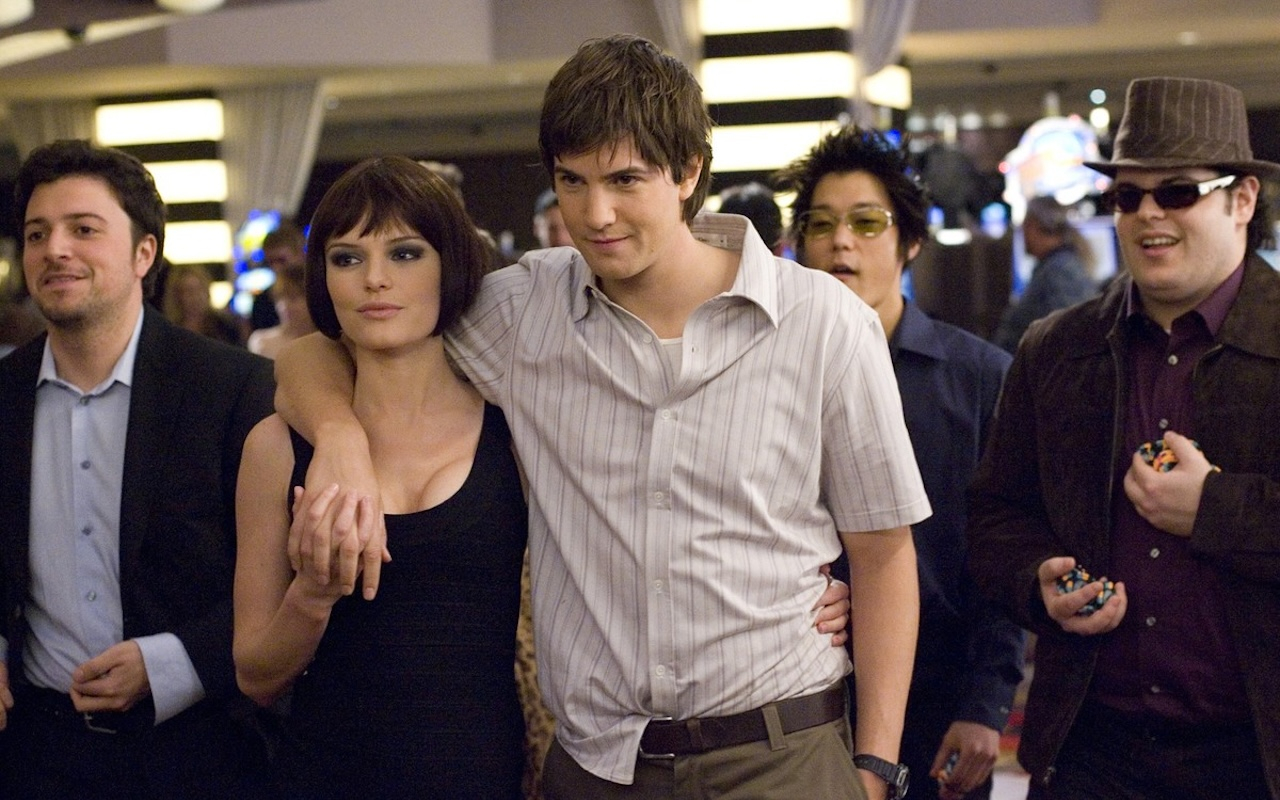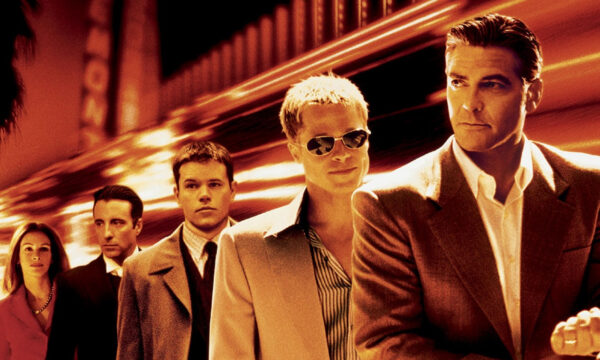Gaming in movies: Ten titles that got it right

The world of high-stakes decision-making and strategic games has long fascinated filmmakers and audiences alike. While many films dramatise this environment through exaggerated stories, few manage to portray it authentically and with respect for the actual dynamics involved. Whether it’s the psychological intensity at the card table or the thrill of calculated risk, some films capture the atmosphere with remarkable accuracy. Platforms like FIRST.com have celebrated these portrayals, offering fans a way to engage with the same energy and tension they see on screen.
Here’s a curated list of ten films that get the gaming experience right – not just with style, but with substance.
1. Casino (1995)
Martin Scorsese’s masterpiece stands as a cinematic landmark for its depiction of the gaming industry and the complex power structures behind it. Set in Las Vegas during the 1970s, it follows the rise and fall of operator Sam “Ace” Rothstein as he navigates a world of wealth, influence, and hidden agendas. The film dives deep into the operations of high-end entertainment venues, their connections to organised power, and the darker undercurrents that often accompany public glamour.
Key details:
Element | Description |
Director | Martin Scorsese |
Lead actor | Robert De Niro |
Focus | Operations and culture |
Accuracy level | Very high – based on true events |
The film doesn’t sugarcoat the industry. It shows how odds, comps, and even cheating scandals are part of the real ecosystem.
2. Rounders (1998)
Rounders, a cult favourite among strategy game enthusiasts, dives into the underground world of high-stakes card play and the emotional toll that accompanies it. The film is widely praised for its subtle and realistic portrayal of competitive play.
Key details:
Element | Description |
Lead actor | Matt Damon |
Focus | Cards |
Accuracy level | High – authentic strategy |
Rounders is often credited with helping fuel the rise of interest in online and competitive card gaming in the early 2000s.
3. The Cincinnati Kid (1965)
This slow-burning classic centres on a tense head-to-head showdown between a rising young player and a seasoned veteran. It’s a film that builds its drama through psychological intensity and respect for the craft, focusing less on spectacle and more on character and skill.
Key details:
Element | Description |
Lead actor | Steve McQueen |
Focus | Five-card stud gameplay |
Accuracy level | High – grounded in period style |
The Cincinnati Kid offers a snapshot of strategic competition in a pre-digital era, before televised tournaments and mass-market appeal.
4. 21 (2008)
Inspired by true events, 21 tells the story of a group of MIT students who develop advanced mathematical techniques to master card-based strategy in Las Vegas. While the film takes some cinematic liberties, its core focus on probability, team coordination, and systems-based thinking remains intact.
Key details:
Element | Description |
Lead actor | Jim Sturgess |
Focus | Card strategy and probability |
Accuracy level | Moderate to high |
While it sensationalises some elements, it provides a good foundation on the basics of card counting and team play.
5. The Gambler (1974)
Not to be confused with the 2014 remake, the original version starring James Caan explores the emotional and psychological descent of a man caught in a cycle of risk-taking and compulsion. The portrayal is raw, introspective, and hauntingly realistic.
Key details:
Element | Description |
Lead actor | James Caan |
Focus | Risk addiction, self-destructive behaviour |
Accuracy level | High – emotional and behavioural depth |
The film avoids glamorisation, presenting risk-taking as a compulsive force rather than a game.
6. Croupier (1998)
Told from the perspective of a London gaming venue employee, Croupier offers a behind-the-scenes look into the tension, ethics, and detachment that come with working in a high-pressure entertainment environment.
Key details:
Element | Description |
Lead actor | Clive Owen |
Focus | Operations, professional ethics |
Accuracy level | Very high – workplace realism |
Subtle and restrained, the film is widely respected for its realistic portrayal of the industry behind the scenes.
7. Mississippi Grind (2015)
This understated road drama follows two men navigating personal struggles and the culture of competitive gaming. Through racetracks, barroom contests, and unspoken debts, the film captures the emotional highs and lows of risk and reward.
Key details:
Element | Description |
Lead actor | Ben Mendelsohn, Ryan Reynolds |
Focus | Card games, travelling competition culture |
Accuracy level | High – grounded and character-driven |
The film leans heavily into emotional realism, emphasising internal battles over flashy victories.
8. High Roller: The Stu Ungar Story (2003)
This biopic of legendary card strategist Stu Ungar charts the rise and fall of one of the most naturally gifted minds in the gaming world. It’s a portrait of talent overshadowed by inner turmoil.
Key details:
Element | Description |
Lead actor | Michael Imperioli |
Focus | Card games, gin rummy, personal downfall |
Accuracy level | High – based on true events |
The story is not just about skill and success, but about the cost of obsession.
9. Owning Mahowny (2003)
Based on a real-life financial scandal, this quietly powerful film tells the story of a Canadian bank employee who embezzled millions to fund an increasingly unmanageable double life centred on high-risk behaviours.
Key details:
Element | Description |
Lead actor | Philip Seymour Hoffman |
Focus | Obsession, financial misconduct |
Accuracy level | Very high – based on a documented case |
The film is unflinching, offering no glamour – just a stark look at compulsion and isolation.
10. Molly’s Game (2017)
This legal drama, based on Molly Bloom’s memoir, chronicles her journey from Olympic hopeful to organiser of elite underground games attended by celebrities and power brokers. It explores ambition, legality, and the ethics of high-stakes enterprise.
Key details:
Element | Description |
Lead actor | Jessica Chastain |
Focus | Private game organisation, legal consequences |
Accuracy level | High – adapted from memoir |
Molly’s Game balances drama and authenticity, pulling back the curtain on an elite social world few are allowed to see.
Conclusion
These films don’t just use high-stakes gaming as a backdrop – they delve into the psychology, strategy, and emotional complexity that define it. Whether portraying the tension of a final hand, the quiet unraveling of a character under pressure, or the systemic intricacies of organised games, these stories resonate with anyone drawn to risk, reward, and the human drive to win. They reflect not just entertainment, but the deeper motivations that fuel competitive pursuits.
The editorial unit

























Facebook
Twitter
Instagram
YouTube
RSS